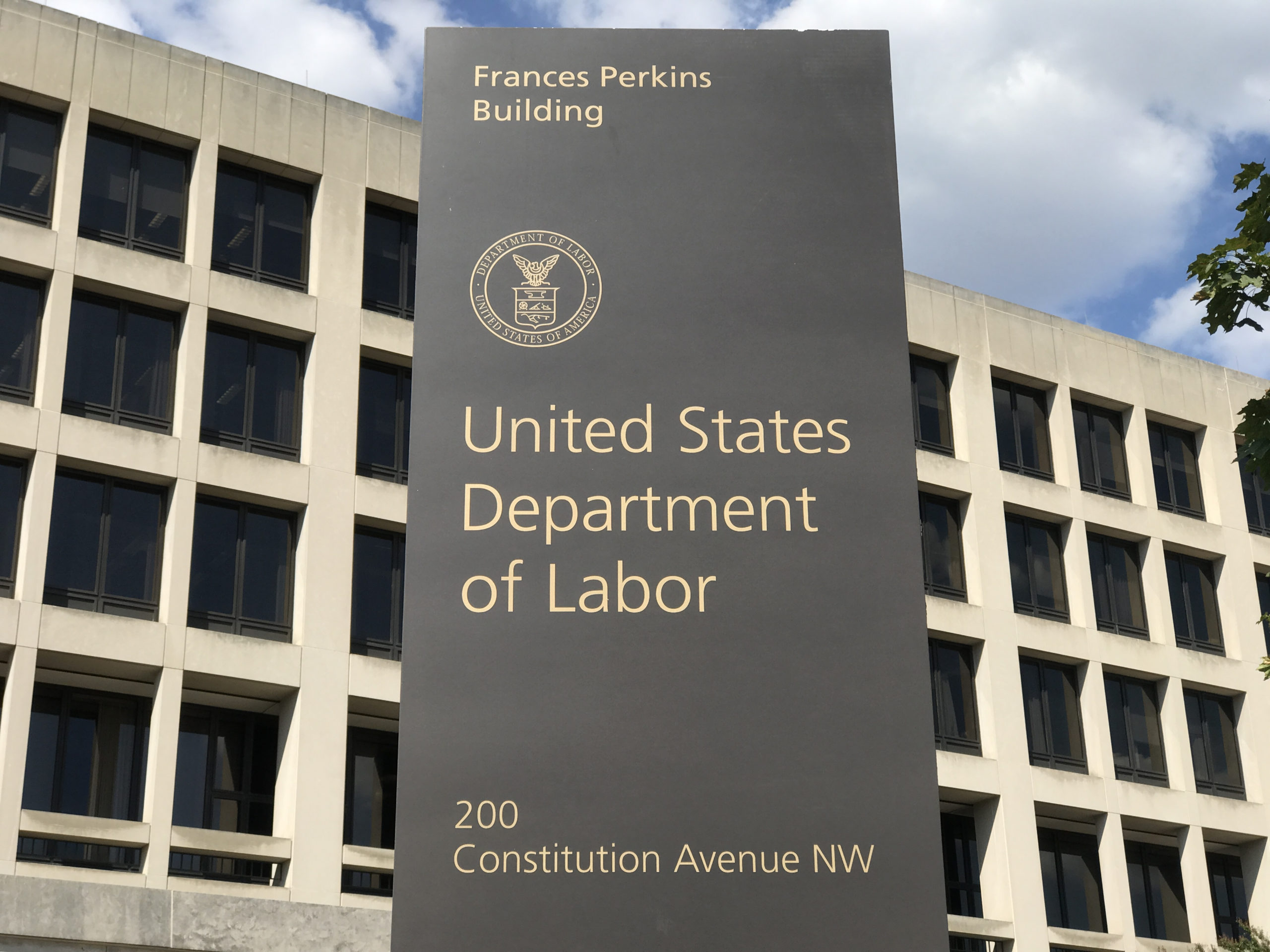5-minute read
Business owners could see their workers’ compensation costs ratchet up significantly under a new U.S. Department of Labor rule that would require them to reclassify independent contractors they rely on as employees instead.
The rule change isn’t final yet and won’t be before May at the soonest. Legal challenges are expected, battles that will surely delay the effective date of the new rule for months, if not longer.
Workers’ compensation premiums aren’t the only item that would be impacted by the rule change. Employers could find themselves paying new full-time salaries, taxes, overtime and covering the costs of healthcare benefits, too.

The proposed change would rescind the current independent contractor rule, which was adopted by the Trump Administration in 2021 and relied on two "core" factors – a worker's control over their work and opportunity for profit or loss – in determining the status of workers.
The proposed rule would include those factors along with several others.
Those factors would include the "degree of permanence of the work relationship." A worker would be deemed an employee if their work relationship is "indefinite in duration or continuous.”
A work relationship that has a limited duration, is non-exclusive, project-based, or sporadic would support the idea that a worker was, in fact, an independent contractor.
Another factor would look at the "nature and degree of control" exerted by the employer. This factor would examine whether the employer sets the worker's schedule, supervises the performance of the work, or explicitly limits the worker's ability to work for others.
The greater the control, the more likely that worker would be viewed by the DOL as an employee.
Worries About Increased Costs
The Biden administration’s DOL has been clear about its intent:
“We have seen in many cases that employers misclassify their employees as independent contractors, particularly among our nation’s most vulnerable workers,” said U.S. Secretary of Labor Marty Walsh. "Misclassification deprives workers of their federal labor protections, including their right to be paid their full, legally earned wages."
Not surprisingly, plenty of opposition has sprung up, including from business groups such as the National Retail Federation and the Associated Builders and Contractors.
"The current rules clearly define the difference between employees and independent contractors, providing much-needed legal certainty for employers, employees and independent contractors alike," said David French, senior vice president of government relations for federation. "The changes being proposed by the Labor Department will significantly increase costs for businesses across all industries and further drive already-rampant inflation."
ABC said the proposed change would create “an ambiguous and difficult-to-interpret standard under which employers will be forced to guess which factors will be more important in the determination and how to analyze the facts of their contractual relationships under multiple factors.
“This confusion will lead to more litigation, as employers and workers alike will not understand who qualifies as independent contractors,” it said.
The American Trucking Associations also has come out against the rule.
“The proposal … suffers from myriad legal, policy and logical infirmities that will result in legal challenges and economic chaos if finalized,” it said.
The Owner-Operator Independent Drivers Association also expressed concerns, saying “shortcomings … in this proposal … could misclassify drivers and jeopardize their ability to work as independent contractors.”
Whether the rule is enacted in its current form or is modified in some way remains to be seen. Needless to say, a company’s financial exposure will only grow if more independent contractors are reclassified as employees, and their workers’ compensation premiums would be just the start.
The Mahoney Group, based in Mesa, Ariz., is one of the largest independent insurance and employee benefits brokerages in the U.S. An employee-owned organization, we’ve been providing our clients with the confidence to face whatever lies ahead for more than 100 years. For more information, contact us online or call 877-440-3304.
This article is not intended to be exhaustive, nor should any discussion or opinions be construed as legal advice. Readers should contact legal counsel or an insurance professional for appropriate advice.
